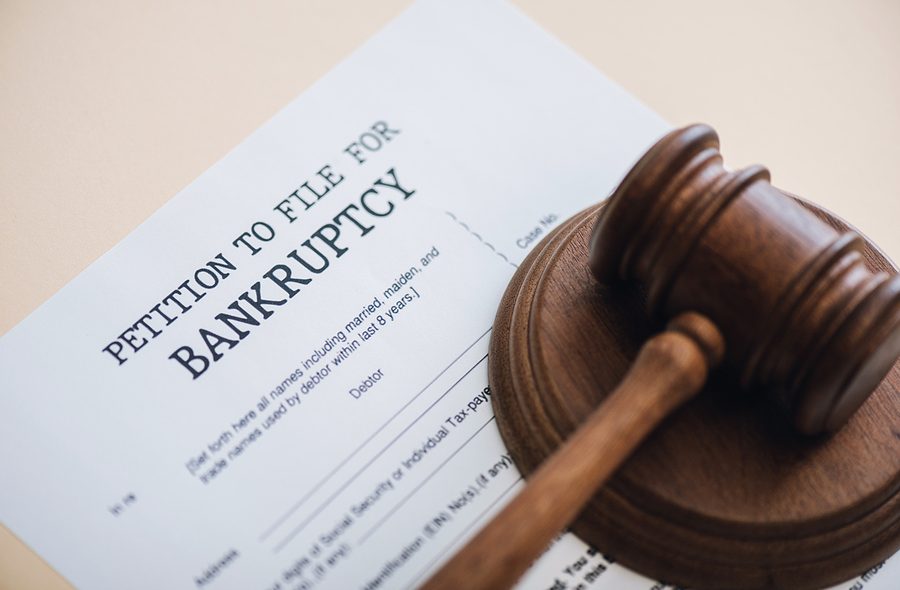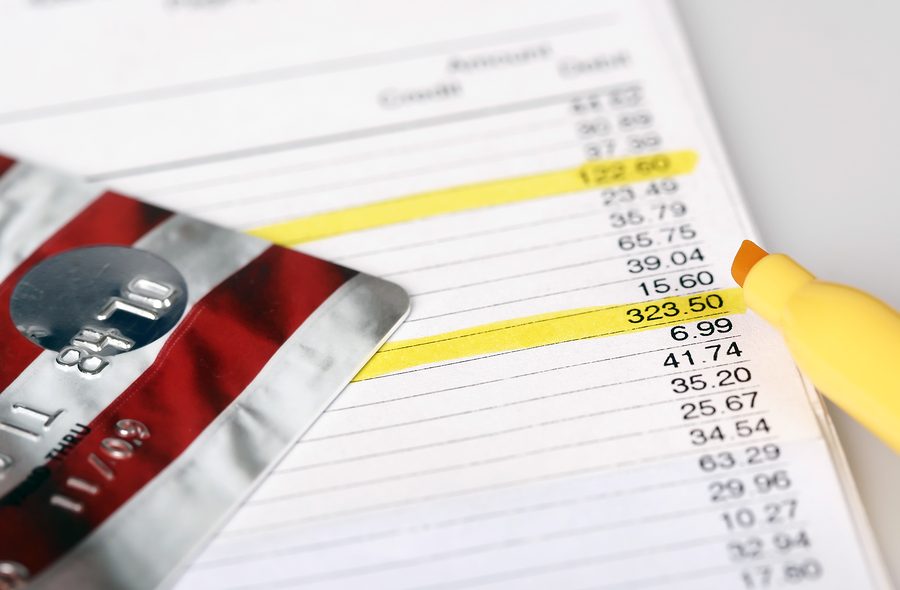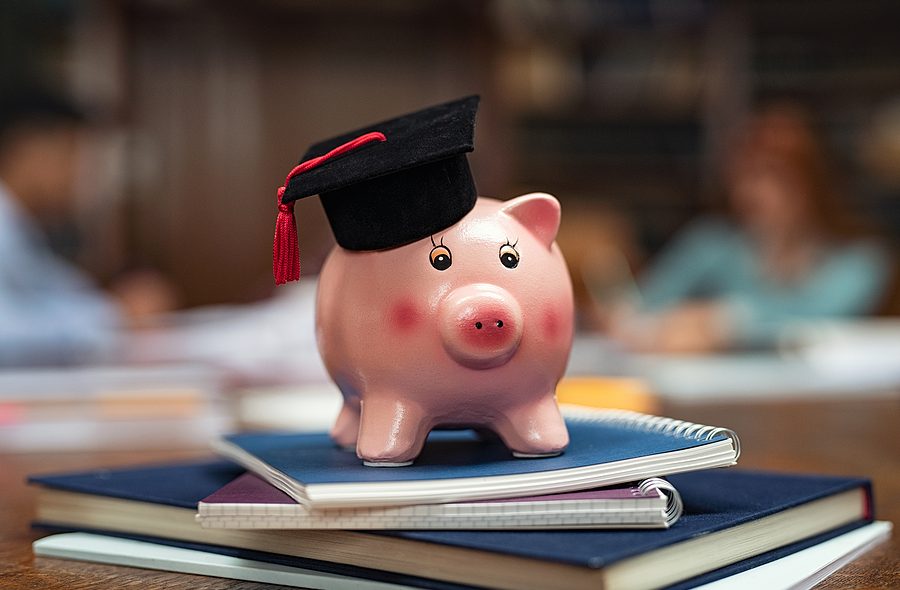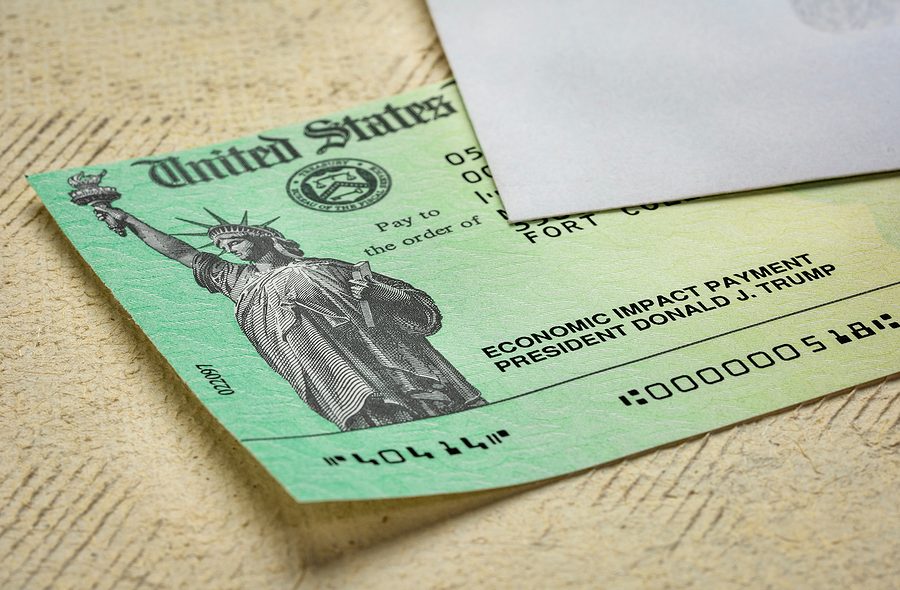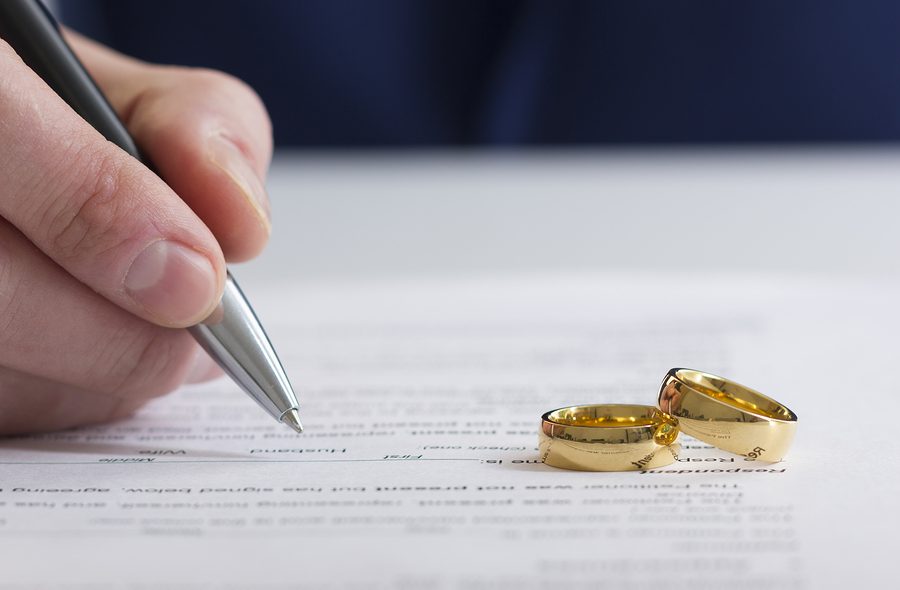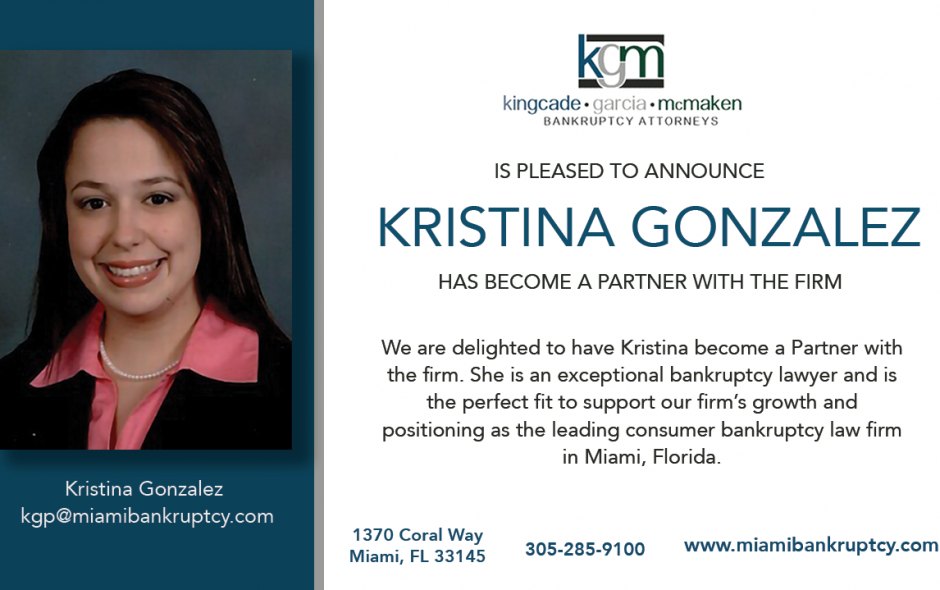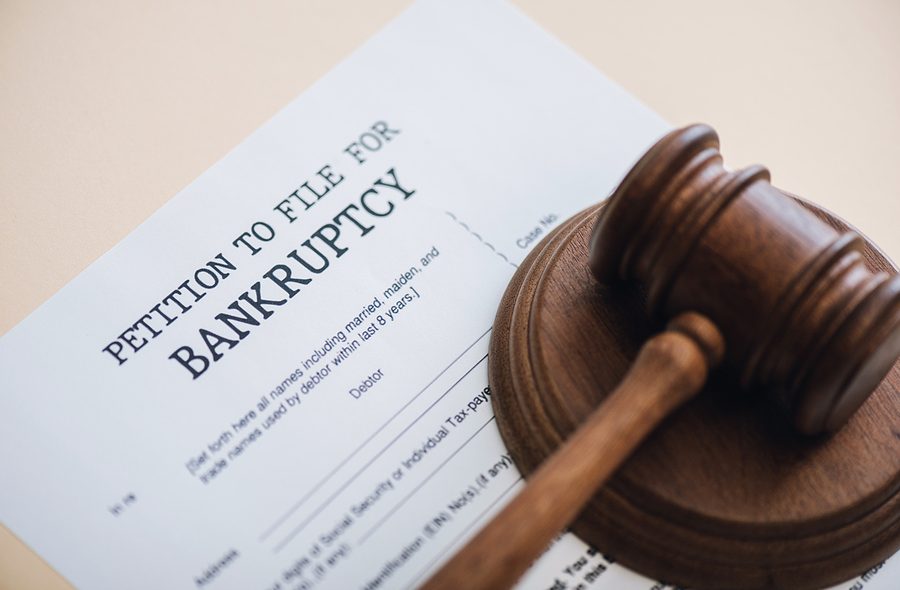If you have filed for bankruptcy protection in the past and have found yourself facing financial trouble again, it is possible to file for bankruptcy a second time. In fact, approximately eight percent of bankruptcy filers end up needing to file again at some point. Ultimately, how often someone can file for bankruptcy protection depends on the type of case he or she filed initially, as well as how much time has passed since that first case.
One of the more commonly used forms of consumer bankruptcy is the Chapter 7 bankruptcy also known as a “liquidation” bankruptcy. This form of bankruptcy lasts a few months, allowing the filer to work closely with the bankruptcy trustee to sell any nonexempt assets to pay off qualifying debts. At the end of the case, the remainder of the filer’s debts, which are usually credit cards or other unsecured debts, are discharged. A Chapter 13 bankruptcy is another form of consumer bankruptcy, also known as a repayment or reorganization bankruptcy. In a Chapter 13 bankruptcy, the filer works with the bankruptcy trustee on a repayment plan, which lasts anywhere from three to five years, where the person pays off his or her debts, liquidating what is left at the end of the case.

